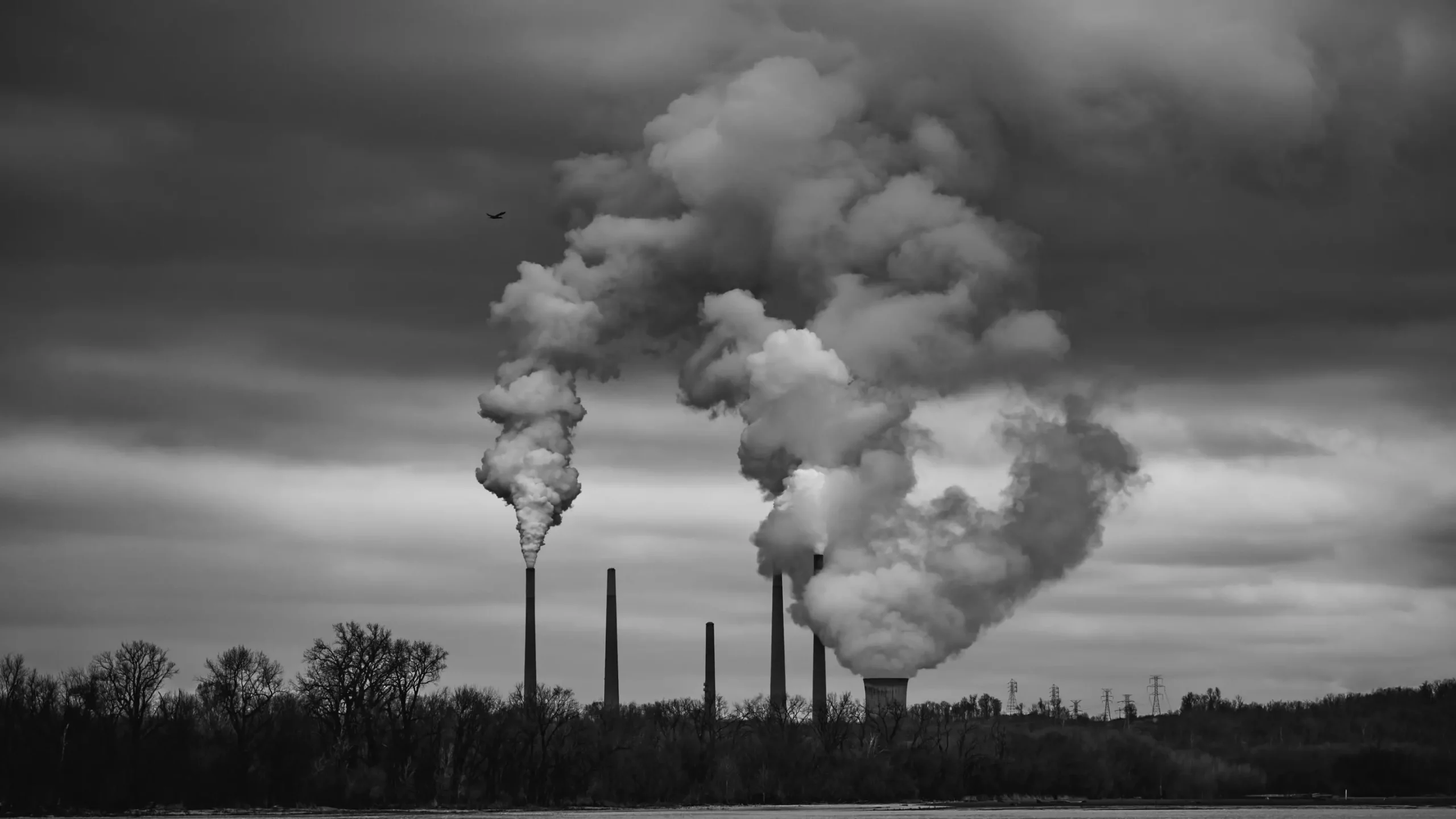

In our relentless pursuit of net-zero carbon emissions, scientists at the University of Houston (UH) have made significant progress in harnessing the hidden potential of algae. Led by Venkatesh Balan, an associate professor of engineering technology in UH’s Cullen College of Engineering’s Division of Technology, their groundbreaking research promises to revolutionize various industries and potentially transform the way we produce food. This article explores the incredible capabilities of microalgae and their role in combating climate change.
Microalgae, small phototropic organisms found in freshwater and saltwater, have long been known for their ability to sequester carbon dioxide (CO2) from the atmosphere. However, Balan and his team are uncovering even more surprising traits of these remarkable organisms. Their research focuses on the conversion of captured CO2 into mass-produced proteins, lipids, and carbohydrates, which could have far-reaching implications for diverse applications.
The potential of microalgae extends beyond mitigating climate change. Balan envisions a future where algae can treat wastewater effectively and serve as a sustainable feedstock for producing biofuels, biochemicals, and fertilizers. Some algae, like spirulina, are already being utilized in health supplements and cosmetics, demonstrating its immediate practicality in today’s market. By diversifying its applications, microalgae could reduce our reliance on fossil fuels and foster a greener and more sustainable future.
The reality of climate change is undeniable, and microalgae’s most immediate superpower lies in its potential to combat global warming. The unprecedented heatwaves experienced in Texas and other parts of the world serve as a testament to the escalating climate crisis. Greenhouse gases, primarily CO2 and chlorofluorocarbons, contribute significantly to the greenhouse effect, trapping heat closer to the Earth’s surface. Lawmakers, policymakers, and even greenhouse gas-emitting companies are eagerly seeking alternatives to mitigate this issue.
While industries often shoulder blame for pollution, Balan emphasizes the importance of recognizing each individual’s contribution to the greenhouse effect. From the emissions produced during food production and transportation to personal commutes, consumers play a substantial role in exacerbating climate change. Balan’s research sheds light on the invisible impact of our daily choices, urging us to confront and address our own contributions.
To tackle the excess CO2 in our atmosphere, Balan proposes an alternative approach that involves using algae as carbon fixation agents. Unlike the conventional method of capturing and burying CO2, Balan’s team aims to harness the CO2-fixed by algae to produce beneficial bioproducts for mankind. This innovative solution not only diminishes the burden on energy-intensive processes but also transforms a climate challenge into an opportunity for sustainable growth.
Balan and his research assistant, Masha Alian, have made an intriguing discovery—algae can be utilized as a substrate to cultivate fungi. This symbiotic relationship between algae and fungi mirrors the composite organism known as lichen, which plays an essential role in various ecosystems. In Balan’s lab, researchers are working towards replicating the natural growth process of lichen. Algae produce oxygen while fungi stabilize CO2 and also generate oxygen. This mutually beneficial interaction opens up new possibilities for utilizing algae and fungi as a versatile resource.
Besides the environmental benefits, the significant portion of the algae-fungus food bed could be converted into nutritious and healthy food products. This bioproduct could potentially address the pressing issue of food security and offer sustainable alternatives to conventional agricultural practices. By unlocking the hidden potential of algae and fungi, we can envision a future where food production and carbon neutrality harmoniously coexist.
The realization of net-zero carbon emissions requires innovative solutions and a multifaceted approach. The ongoing research at the University of Houston’s microbial products lab uncovers the immense potential of microalgae in combating climate change, diversifying industries, and redefining our concept of food production. By harnessing the hidden power of algae, we take an essential step forward in creating a greener and more sustainable future for generations to come.
In the realm of software development, the ability to swiftly and accurately address bugs is…
The realm of quantum computing and communication is not just an abstract dream anymore; it…
In a remarkable leap for the field of material science, a collaborative research initiative has…
Throughout Earth's vast history, our planet has endured five major mass extinction events that reshaped…
Rainfall is a vital element of our planet’s hydrological cycle, yet many aspects of its…
On a night when the universe aligns, a mesmerizing phenomenon awaits: the appearance of the…
This website uses cookies.